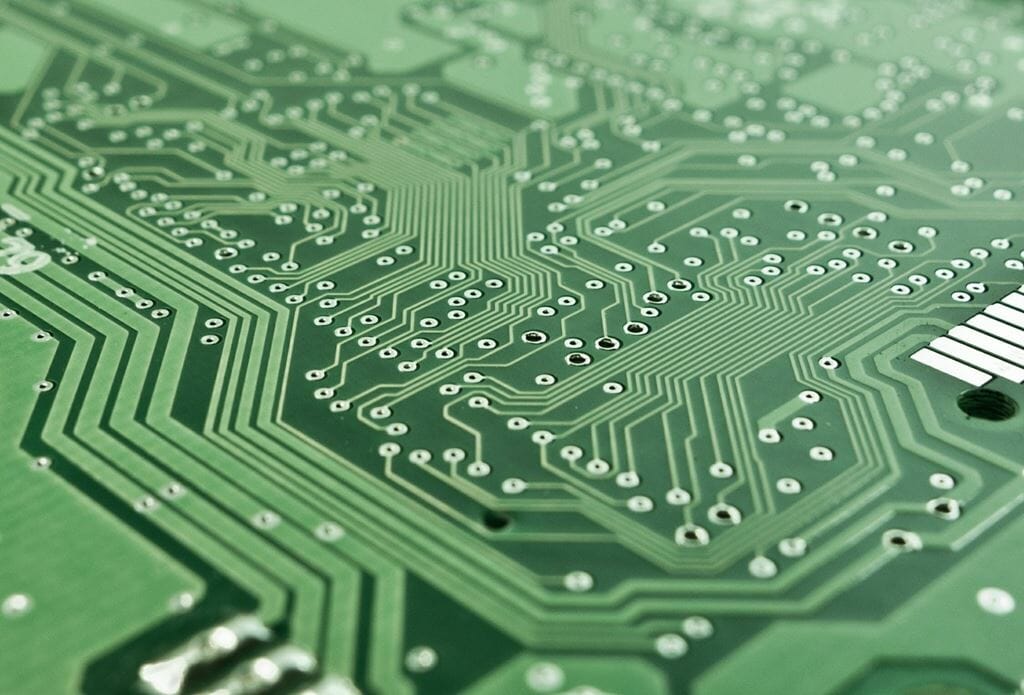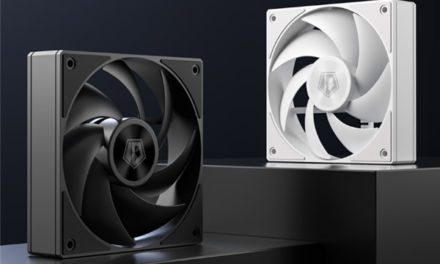
What Does Electrical Engineering Do?

Technology has become a part of our lives, but without the support of people, all this might not have happened. The profession of electrical engineering in our realities is very popular, despite its novelty. Technological advances completely surround our lives. Sometimes we don’t think that all this equipment is the hard and hard work of power engineers, and without them, it would not be able to function fully. But few people know what the people of this profession are doing. To begin with, it is worth explaining what electrical engineering is and what it studies.
What is Electrical Engineering?
Electrical engineering is a part of physics, but nevertheless, it is an independent science from the field of technical sciences, which studies the production, distribution and use of electrical energy.
Electrical engineering includes many other sciences:
- Power engineering. Electricity is generated in power plants. In economically developed countries, the technical means of the electric power industry are combined into electric power systems. Until the 1980s, the US electricity system was a regulated monopoly. Currently, there are 3,302 energy companies operating in the US in the electricity sector.
- Electronics. This science tells us about methods of creating electronic devices and devices for converting electromagnetic energy. The advent of electronics was preceded by the invention of the radio. But the further development of electronics is associated with the advent of computers.
- Control systems. There are two types of control systems: automated and automatic. The most common type of automatic control system is automatic control systems. And automated, in contrast to automatic, implies the direct participation of a person in the production process. Both control systems are widely used in industry.
- Telecommunications. In Latin, this word means “long-distance communication” or “communication, communication at a distance.” The knowledge and skills of a telecommunications technology specialist are approximately half of the information technology, and half of them are knowledge of the principles of operation, the ability to design telecommunications equipment, devices, and systems. Every second inhabitant of the planet has a cell phone, and every fifth has an Internet connection. Virtually all the global growth in users is accounted for by these two areas of telecommunications. Telecommunications consist of many industries such as e-banking, programming, web programming, internet technology, radio communications, television, mobile communications, cell phones, and even satellite communications.
Electrical engineering will help you get answers to such questions:
- How to lower the voltage? This requires a transformer.
- How to start the engine smoothly? To do this, you need a soft starter for the electric motor.
- How to regulate the voltage in an electroplating bath? This requires a controlled rectifier.
What Does an Electrical Engineer Do?
A professional’s job description includes many responsibilities. He participates in simple maintenance of power plants, regulates the load of electrical wiring on the site, makes revisions of electric drives, switches, connectors. Serves emergency breakdowns of electrical installations, switches electrical networks. The work of a specialist in this field is responsible since the safety and life of the people around depend on his decisions and actions. A young specialist is provided with many vacancies in this area. Power plants operate on both the design and maintenance of the grid, as well as on grid-connected power systems. Such systems are called on-grid systems and can both provide and consume energy on the grid. Power plants also operate on systems called off-grid systems, which in some cases are preferable to off-grid systems. It is possible to create satellite-controlled power systems with real-time feedback that will prevent power surges and power outages. Businesses need an electrical technician to keep this whole structure running.
A person with an electrical engineering education can work in the following positions:
- Electrical Maintenance Specialist
- Specialty electrician
- Energy Security Specialist
- Energy System Manager
- Engineer
- Mechatronic
What Do The Specialists Of These Positions Do?
Explore and conduct experiments with the energy of the atom, design power grids. They distribute the flow of electricity to prevent voltage surges, overloads at the nodes, which can lead to a fire, monitor the installation during the installation process, monitor energy consumption, calculate ways to reduce it and increase the productivity of the equipment. Electrical engineers ensure economical production, high efficiency, availability, reliability, and environmental design, for example, in the production of electricity in power plants or in the transmission and distribution of energy. Renewable energy technology is becoming more and more important. For example, when planning photovoltaic systems or biofuels, electrical engineers can take over the interface between project management and implementation. In microelectronics, electrical engineers design electronic circuits, semiconductor devices, and complex integrated circuits, and plan and control their manufacture and assembly. For example, the design and program of microchip architectures.
It’s hard to believe, but the first electrical objects appeared before our era. Despite this, even in the eighteenth century, there was no such direction as electrical engineering. And now, this science has become a part of our life – without it, not a single device, not a single machine can work, and the light will disappear altogether.
It is important to constantly expand your professional horizons when studying electromechanics and electrical engineering, you can delegate your homework to CW Assignments and get assignment help online. Our experts will be happy to help you master such a complex topic as electronics because any activity requires constant development, and electrical engineering is no exception.




























